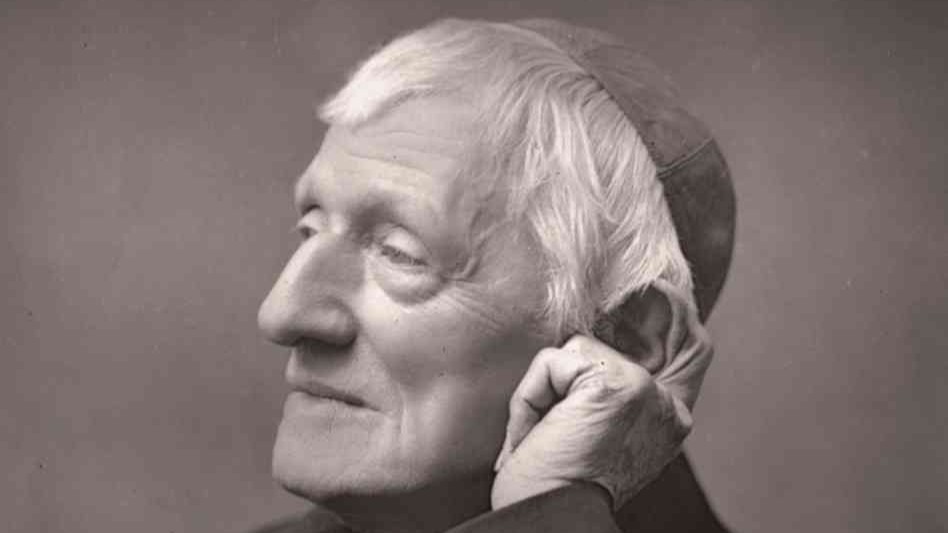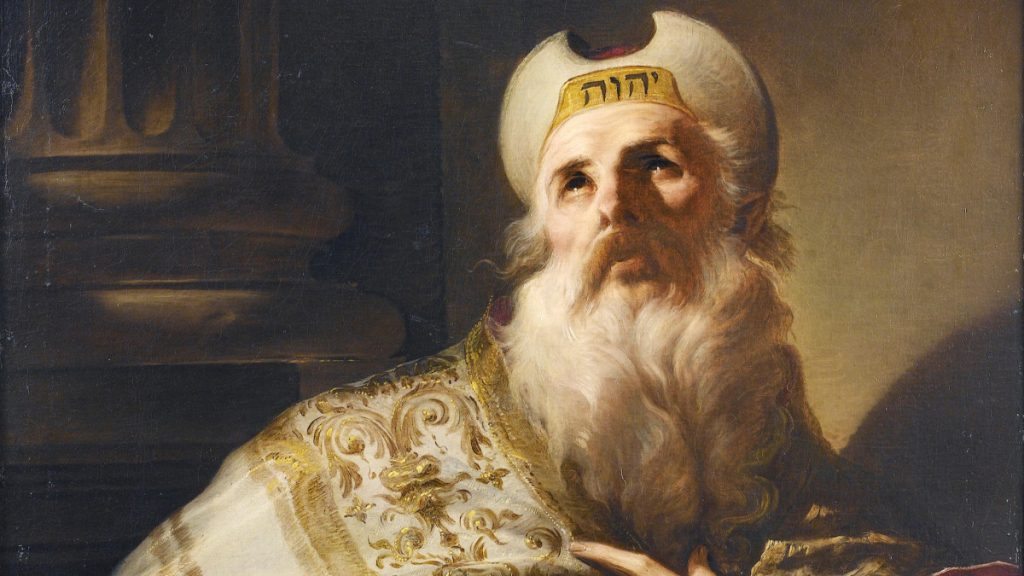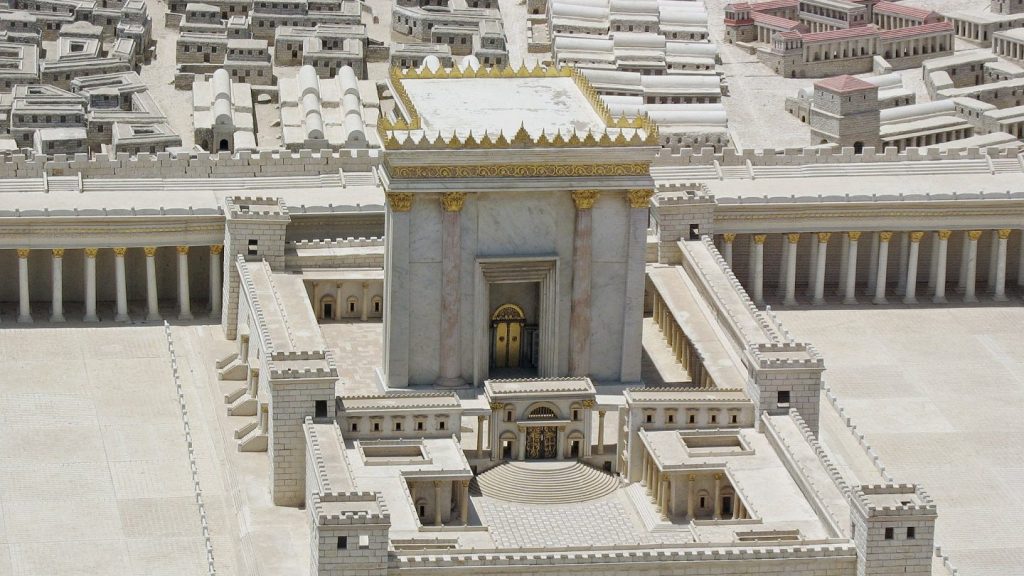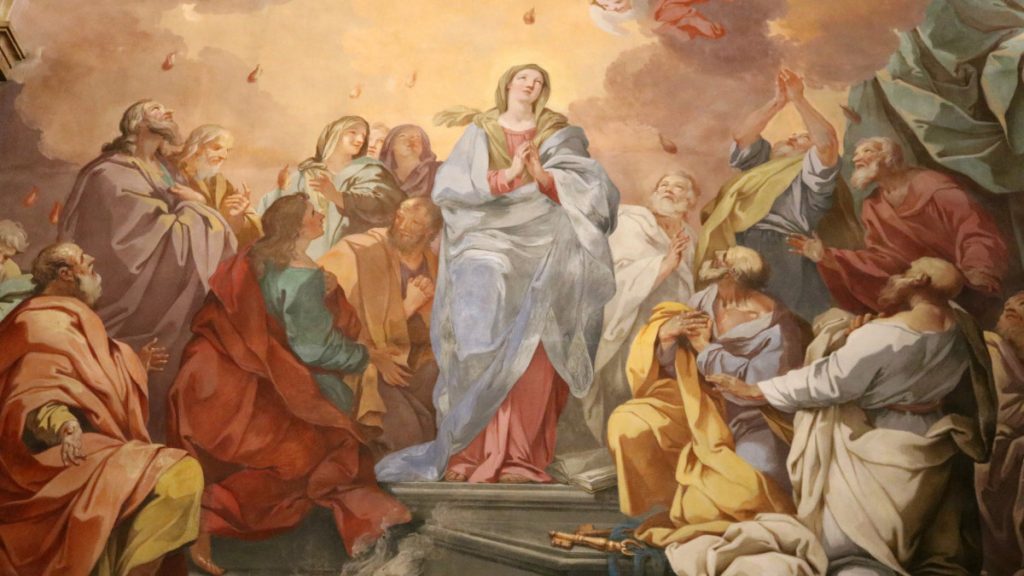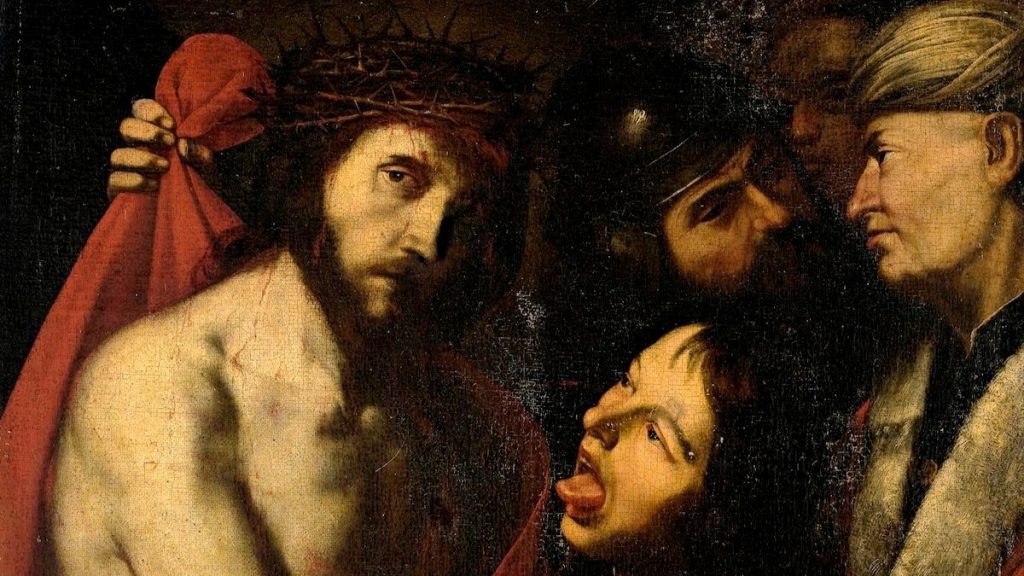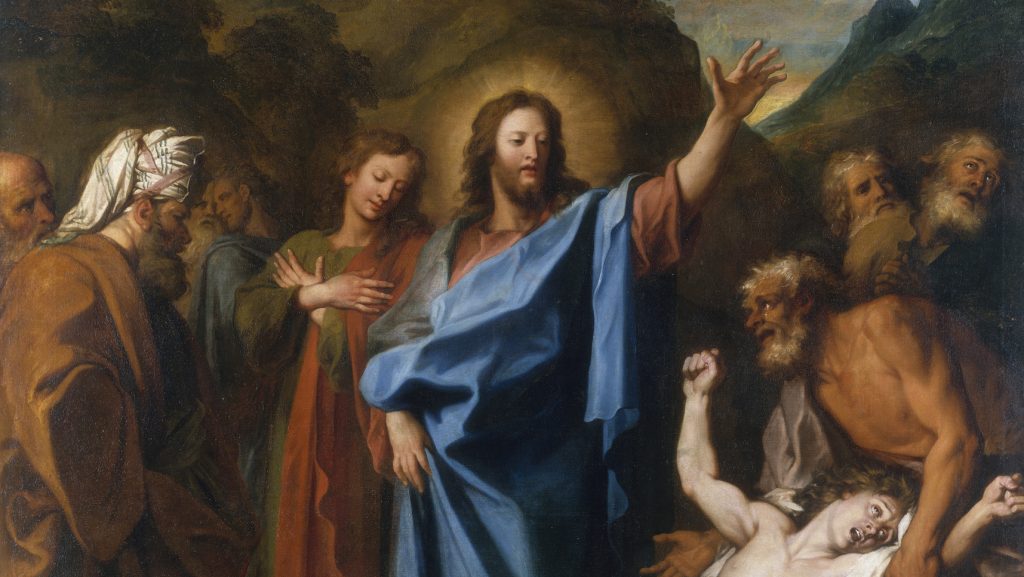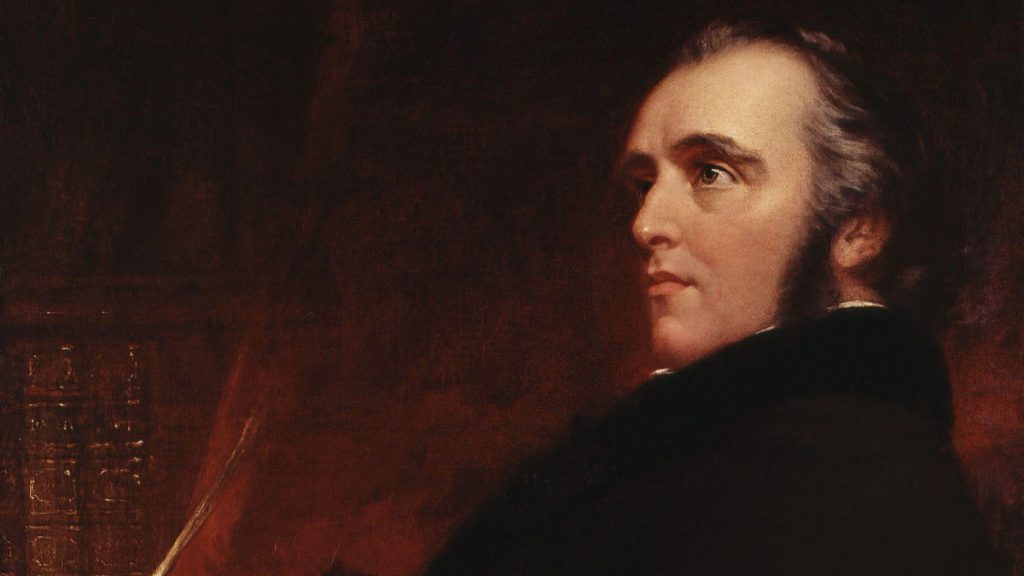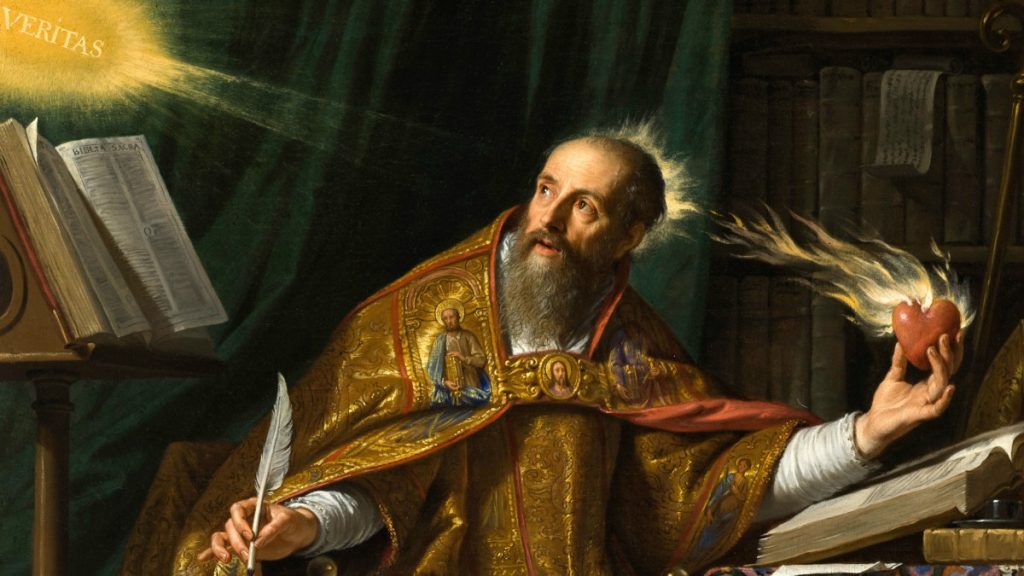(Updated July 13, 2025)
This Quote Archive collects pertinent quotes from the Ecclesiastical Writer, Sozomen.
Next to each quote are the topic-based Quote Archives in which they are included.
This Quote Archive is being continuously updated as research continues.
Books
Sozomen, Ecclesiastical History (c. 440-43)
- Development of Doctrine | Book 1, Ch. 15
- Pagan Attempt to Rebuild the Jerusalem Temple Thwarted | Book 5, Ch. 22
Although, as we have shown, religion was in a flourishing condition at this period, yet the churches were disturbed by sore contentions; for under the pretext of piety and of seeking the more perfect discovery of God, certain questions were agitated, which had not, till then, been examined.
Arius was the originator of these disputations. He was a presbyter of the church at Alexandria in Egypt, and was at first a zealous thinker about doctrine, and upheld the innovations of Melitius. Eventually, however, he abandoned this latter opinion, and was ordained deacon by Peter, bishop of Alexandria, who afterwards cast him out of the church, because when Peter anathematized the zealots of Melitius and rejected their baptism, Arius assailed him for these acts and could not be restrained in quietness. After the martyrdom of Peter, Arius asked forgiveness of Achillas, and was restored to his office as deacon, and afterwards elevated to the presbytery. Afterwards Alexander, also, held him in high repute, since he was a most expert logician; for it was said that he was not lacking in such knowledge. He fell into absurd discourses, so that he had the audacity to preach in the church what no one before him had ever suggested; namely, that the Son of God was made out of that which had no prior existence, that there was a period of time in which he existed not; that, as possessing free will, he was capable of vice and virtue, and that he was created and made: to these, many other similar assertions were added as he went forward into the arguments and the details of inquiry. Those who heard these doctrines advanced, blamed Alexander for not opposing the innovations at variance with doctrine. But this bishop deemed it more advisable to leave each party to the free discussion of doubtful topics, so that by persuasion rather than by force, they might cease from contention; hence he sat down as a judge with some of his clergy, and led both sides into a discussion. But it happened on this occasion, as is generally the case in a strife of words, that each party claimed the victory. Arius defended his assertions, but the others contended that the Son is consubstantial and co-eternal with the Father. The council was convened a second time, and the same points contested, but they came to no agreement amongst themselves. During the debate, Alexander seemed to incline first to one party and then to the other; finally, however, he declared himself in favor of those who affirmed that the Son was consubstantial and co-eternal with the Father, and he commanded Arius to receive this doctrine, and to reject his former opinions. Arius, however, would not be persuaded to compliance, and many of the bishops and clergy considered his statement of doctrine to be correct. Alexander, therefore, ejected him and the clergy who concurred with him in sentiment from the church. Those of the parish of Alexandria, who had embraced his opinions, were the presbyters Aithalas, Achillas, Carpones, Sarmates, and Arius, and the deacons Euzoius, Macarius, Julius, Menas, and Helladius.
Many of the people, likewise, sided with them: some, because they imagined their doctrines to be of God; others, as frequently happens in similar cases, because they believed them to have been ill-treated and unjustly excommunicated. Such being the state of affairs at Alexandria, the partisans of Arius, deeming it prudent to seek the favor of the bishops of other cities, sent legations to them; they sent a written statement of their doctrines to them, requesting them that, if they considered such sentiments to be of God, they would signify to Alexander that he ought not to molest them; but that if they disapproved of the doctrines, they should teach them what opinions were necessary to be held.
This precaution was of no little advantage to them; for their tenets became thus universally disseminated, and the questions they had started became matters of debate among all the bishops…
Though the emperor [Julian the Apostate] hated and oppressed the Christians, he manifested benevolence and humanity towards the Jews. He wrote to the Jewish patriarchs and leaders, as well as to the people, requesting them to pray for him, and for the prosperity of the empire. In taking this step he was not actuated, I am convinced, by any respect for their religion; for he was aware that it is, so to speak, the mother of the Christian religion, and he knew that both religions rest upon the authority of the patriarchs and the prophets; but he thought to grieve the Christians by favoring the Jews, who are their most inveterate enemies. But perhaps he also calculated upon persuading the Jews to embrace paganism and sacrifices; for they were only acquainted with the mere letter of Scripture, and could not, like the Christians and a few of the wisest among the Hebrews, discern the hidden meaning.
Events proved that this was his real motive; for he sent for some of the chiefs of the race and exhorted them to return to the observance of the laws of Moses and the customs of their fathers. On their replying that because the temple in Jerusalem was overturned, it was neither lawful nor ancestral to do this in another place than the metropolis out of which they had been cast, he gave them public money, commanded them to rebuild the temple, and to practice the cult similar to that of their ancestors, by sacrificing after the ancient way.
The Jews entered upon the undertaking, without reflecting that, according to the prediction of the holy prophets, it could not be accomplished [Dan. 9:27]. They sought for the most skillful artisans, collected materials, cleared the ground, and entered so earnestly upon the task, that even the women carried heaps of earth, and brought their necklaces and other female ornaments towards defraying the expense. The emperor, the other pagans, and all the Jews, regarded every other undertaking as secondary in importance to this.
Although the pagans were not well-disposed towards the Jews, yet they assisted them in this enterprise, because they reckoned upon its ultimate success, and hoped by this means to falsify the prophecies of Christ [Matt. 24:2]. Besides this motive, the Jews themselves were impelled by the consideration that the time had arrived for rebuilding their temple.
When they had removed the ruins of the former building, they dug up the ground and cleared away its foundation. It is said that on the following day when they were about to lay the first foundation, a great earthquake occurred, and by the violent agitation of the earth, stones were thrown up from the depths, by which those of the Jews who were engaged in the work were wounded, as likewise those who were merely looking on. The houses and public porticos, near the site of the temple, in which they had diverted themselves, were suddenly thrown down; many were caught thereby, some perished immediately, others were found half dead and mutilated of hands or legs, others were injured in other parts of the body.
When God caused the earthquake to cease, the workmen who survived again returned to their task, partly because such was the edict of the emperor, and partly because they were themselves interested in the undertaking. Men often, in endeavoring to gratify their own passions, seek what is injurious to them, reject what would be truly advantageous, and are deluded by the idea that nothing is really useful except what is agreeable to them. When once led astray by this error, they are no longer able to act in a manner conducive to their own interests, or to take warning by the calamities which are visited upon them.
The Jews, I believe, were just in this state; for, instead of regarding this unexpected earthquake as a manifest indication that God was opposed to the re-erection of their temple, they proceeded to recommence the work. But all parties relate, that they had scarcely returned to the undertaking, when fire burst suddenly from the foundations of the temple, and consumed several of the workmen.
This fact is fearlessly stated, and believed by all; the only discrepancy in the narrative is that some maintain that flame burst from the interior of the temple, as the workmen were striving to force an entrance, while others say that the fire proceeded directly from the earth. In whichever way the phenomenon might have occurred, it is equally wonderful [meaning, full of awe].
A more tangible and still more extraordinary prodigy ensued; suddenly the sign of the cross appeared spontaneously on the garments of the persons engaged in the undertaking. These crosses were disposed like stars, and appeared the work of art. Many were hence led to confess that Christ is God, and that the rebuilding of the temple was not pleasing to Him; others presented themselves in the church, were initiated, and besought Christ, with hymns and supplications, to pardon their transgression.
If anyone does not feel disposed to believe my narrative, let him go and be convinced by those who heard the facts I have related from the eyewitnesses of them, for they are still alive. Let him inquire, also, of the Jews and pagans who left the work in an incomplete state, or who, to speak more accurately, were able to commence it.
